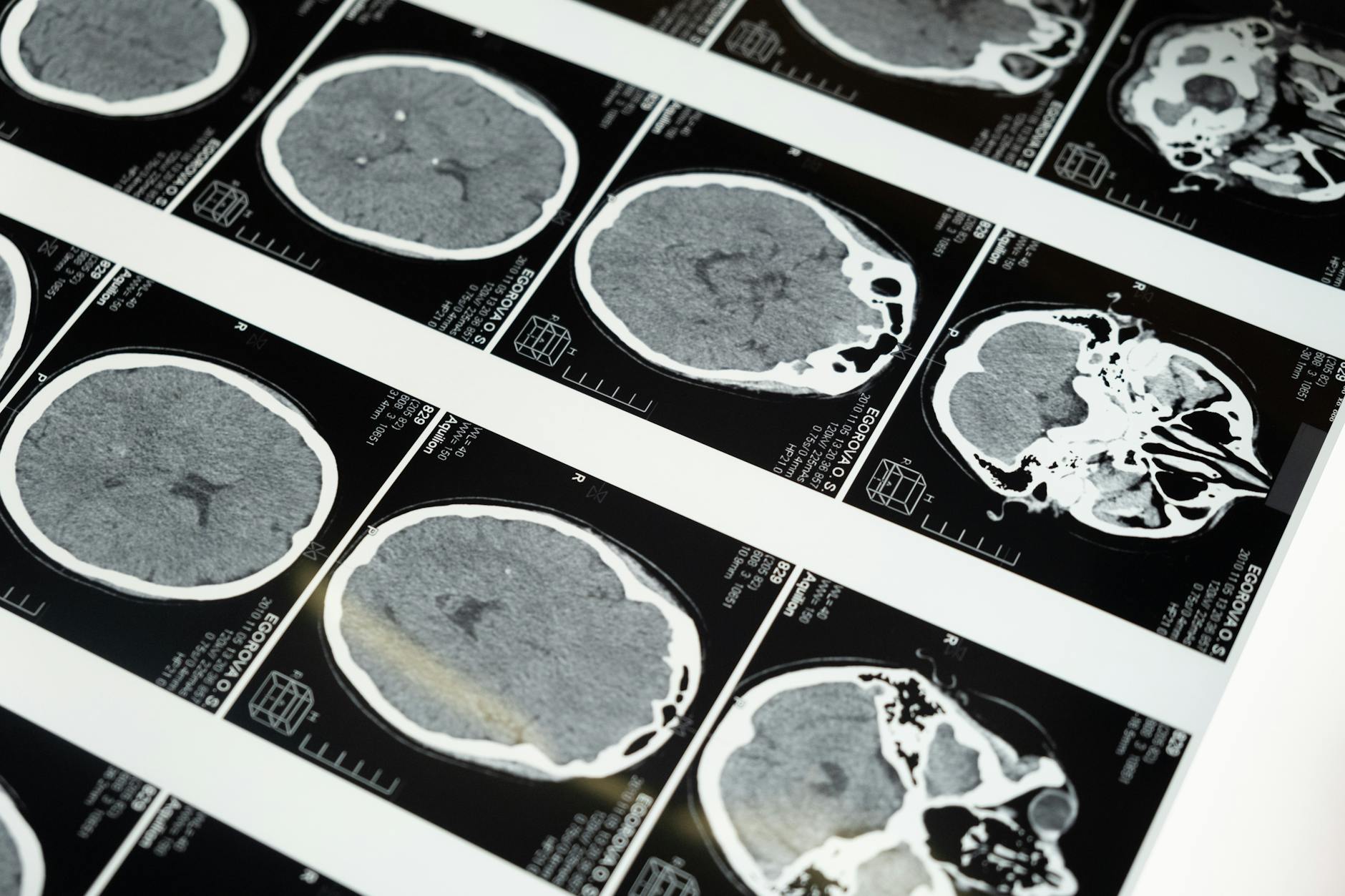Uncover the shocking realities of Graves’ disease and why understanding this autoimmune illness is crucial for your health.
Table of Contents
Dealing with any health condition can be challenging, but when it comes to Graves’ disease, it’s important to have a solid understanding of what you’re up against. This autoimmune disorder can have significant impacts on your overall well-being, so being informed and proactive is key. In this comprehensive guide, we’ll delve into everything you need to know about Graves’ disease – from its causes and symptoms to treatment options and management strategies. Let’s get started!
What is Graves’ Disease?
Graves’ disease is an autoimmune disorder that leads to overactivity of the thyroid gland, resulting in hyperthyroidism. This means that the thyroid gland produces an excessive amount of thyroid hormones, which can wreak havoc on various bodily functions. The immune system mistakenly attacks the thyroid gland, causing it to become enlarged and produce more hormones than the body needs.
Recognizing the Symptoms
One of the first steps in managing Graves’ disease is being able to recognize the symptoms associated with the condition. Common signs include:
- Unexplained weight loss
If you’re experiencing any of these symptoms, it’s important to consult with your healthcare provider for a proper diagnosis.
Treatment Options
Once diagnosed with Graves’ disease, there are several treatment options available to help manage the condition. These may include:
- Medication: Antithyroid drugs can help regulate the production of thyroid hormones.
- Radioactive iodine therapy: This treatment involves destroying a portion of the thyroid gland to reduce hormone production.
- Surgery: In some cases, a thyroidectomy may be recommended to remove all or part of the thyroid gland.
The most appropriate treatment will depend on the severity of your symptoms and your overall health condition. Your healthcare provider can help determine the best course of action for you.
Managing Graves’ Disease
It’s important to take a proactive approach to managing Graves’ disease to minimize its impact on your daily life. Some tips for effectively managing the condition include:
| The Grave Truth About Graves’ Disease: What You Need to Know | |
|---|---|
| Fact | Information |
| Definition | Graves’ disease is an autoimmune disorder that causes hyperthyroidism, leading to the overproduction of thyroid hormones. |
| Symptoms | – Unexplained weight loss – Rapid heartbeat – Anxiety and irritability – Tremors – Bulging eyes (exophthalmos) |
| Diagnosis | Graves’ disease is typically diagnosed through blood tests to measure thyroid hormone levels and thyroid-stimulating antibodies. |
| Treatment | Treatment options include medication to reduce thyroid hormone production, radioactive iodine therapy, and in some cases, surgery to remove the thyroid gland. |
| Complications | Without proper treatment, Graves’ disease can lead to serious complications such as heart problems, osteoporosis, and eye issues. |
- Regular monitoring: Stay in touch with your healthcare provider and undergo routine check-ups to monitor your thyroid function.
- Healthy lifestyle: Eating a balanced diet, getting regular exercise, and managing stress can all help in managing symptoms.
- Sleep hygiene: Ensuring you get adequate rest and practicing good sleep habits can support overall health.
By incorporating these strategies into your daily routine, you can take control of your health and better manage Graves’ disease.
The Road to Recovery
Living with Graves’ disease may present challenges, but with the right approach and support, it is possible to lead a fulfilling life. Remember to prioritize self-care, seek support from healthcare professionals and loved ones, and stay informed about the latest advancements in Graves’ disease management. By being proactive and taking charge of your health, you can navigate the complexities of this autoimmune disorder with confidence.
Frequently Asked Questions
Is Graves’ disease hereditary?
While the exact cause of Graves’ disease is unknown, genetics can play a role in predisposing individuals to develop the condition. If you have a family history of autoimmune diseases, you may have a higher risk of developing Graves’ disease.
Can Graves’ disease be cured?
While there is no cure for Graves’ disease, the condition can be effectively managed with treatment options such as medication, radioactive iodine therapy, or surgery. With proper management and monitoring, individuals with Graves’ disease can lead a healthy and fulfilling life.
Can Graves’ disease affect pregnancy?
Graves’ disease can have implications for pregnancy, as uncontrolled hyperthyroidism can pose risks to both the mother and the baby. It’s important for women with Graves’ disease who are pregnant or planning to become pregnant to work closely with their healthcare provider to ensure optimal thyroid function.
What are the long-term complications of Graves’ disease?
Without proper management, Graves’ disease can lead to serious complications such as heart problems, osteoporosis, and eye issues. It’s essential to stay on top of your treatment plan and regularly monitor your thyroid function to minimize the risk of long-term complications.





